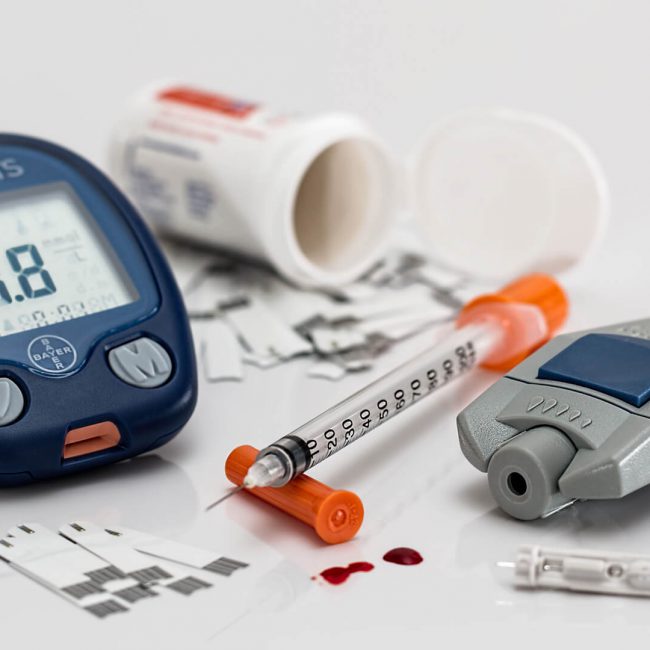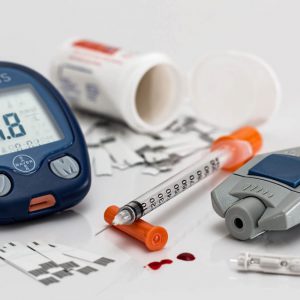Urine Chromium test is used to determine chromium levels for deficiency or toxicity. Deficient chromium levels can lead to high cholesterol, glaucoma, decreased white blood cell count, osteoporosis or nerve damage, muscle weakness and impaired coordination, numbness or tingling in the limbs, irritability and depression. High level of chromium Low can cause hypoglycemia, stomach/digestive trouble, liver and/or kidney damage, nerve damage, kidney damage, arrhythmia, pneumoconiosis.
This test is done for screening for occupational exposure to chromium and monitoring metallic prosthetic implant wear.
Modest increase (8-16 mcg/L) in urine chromium concentration is likely to be associated with a prosthetic device in good condition. Urine concentrations >20 mcg/L in a patient with chromium-based implant suggest significant prosthesis wear.



